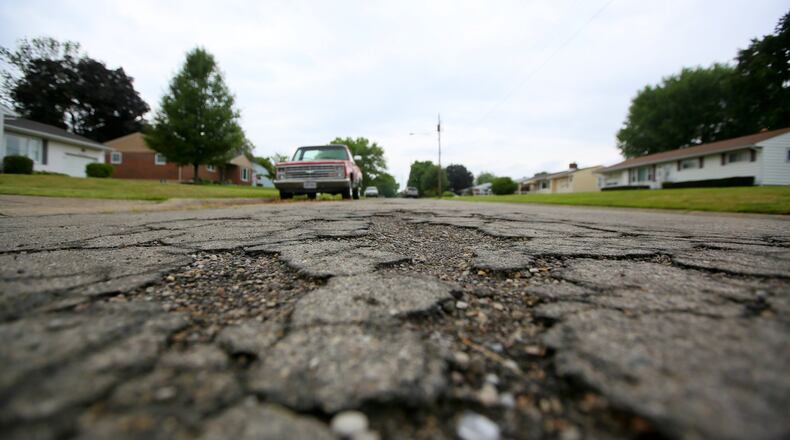The ordinance was given a first reading at the July 17 meeting and was scheduled to have a second reading Tuesday and adopted as an emergency ordinance so that the city could meet the Wednesday deadline to submit ballot issues to the Butler County Board of Elections for the November general election.
Passage would require a super majority of four votes from the five-member council, and two council members had already said they would not vote for the proposed levy. Last month, members Steve Bohannon and Ami Vitori both said they were not in favor of Mulligan’s proposal.
Bohannon and Vitori said it was not the right time for an income tax increase. Vitori added she made a campaign promise last fall not to raise taxes. Both council members maintained their positions when contacted earlier this week.
Mulligan said he pulled the item off the agenda, saying that there weren’t enough votes.
“I understand people’s perspectives,” he said. “It’s didn’t seem to be worth it to place it on the agenda.”
MORE: Middletown council member proposes tax increase to fix streets
Mulligan wrote a guest column July 29 for the Journal-News making his case for the road levy, urging residents to contact their council members.
“I believe Council should allow the citizens to vote on this referendum in November for a number of reasons,” Mulligan said. “First, our city streets are a primary concern to many residents. Second, the city has very limited financial resources to address ever decaying streets. And, third, if we fail to address the issue now, the cost will only increase in future years.
“During my time on council and as Mayor, the condition of our streets and roadways has been a significant concern to many. Many fellow citizens raised the issue of potholes, limited maintenance and the condition of the city’s streets as disappointments and an item that needed to be addressed.”
While Mulligan made his case for the proposed levy, the Journal-News took a Facebook poll last week asking readers if they were for or against the road levy.
As of Friday afternoon, more than 900 people voted in the poll and 555 people, about 61 percent, were against the levy, and 384, or about 39 percent, were for the levy. Facebook readers were also invited to share their comments.
“The last time the City proposed a tax to pay for road improvements, and it passed, the money was put in the general fund and the road improvements never happened,” wrote Amy Hembree.
“I understand that no one wants to pay more taxes. Myself included but the roads do need a lot of work. It is not the City of Middletown’s fault that large manufacturers moved to different locations. Most made the plans to move without ever telling city officials what their intentions were,” wrote Dianne Hendricks McKinney.
About the Author

